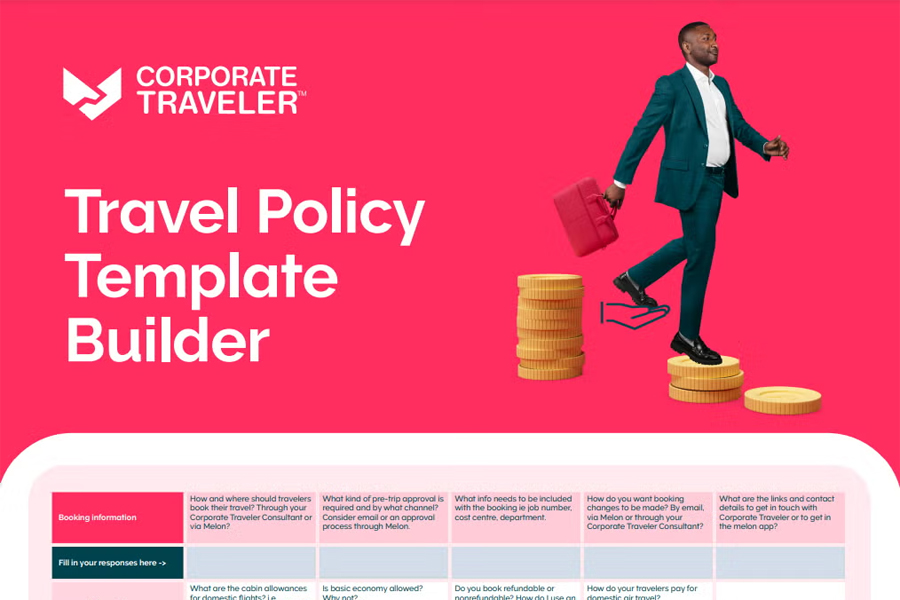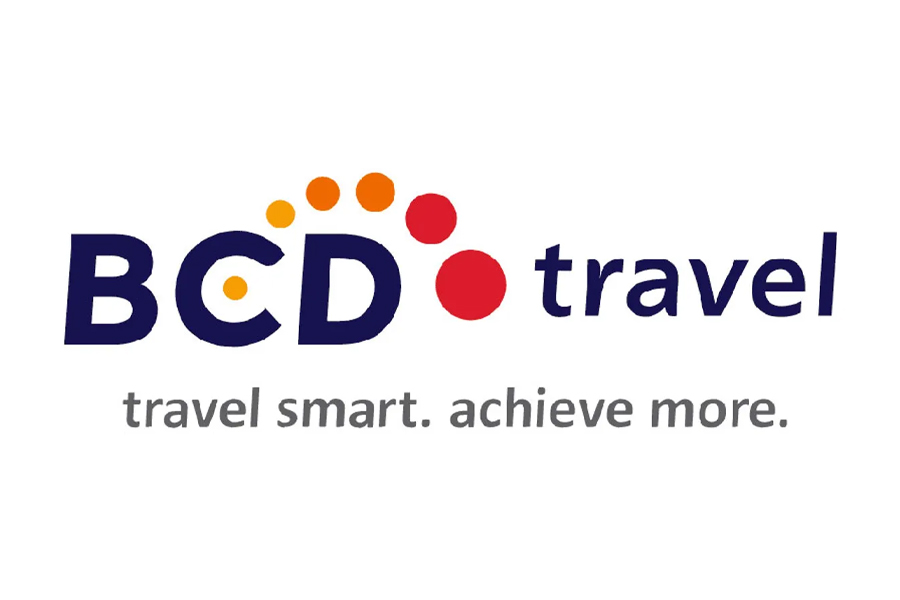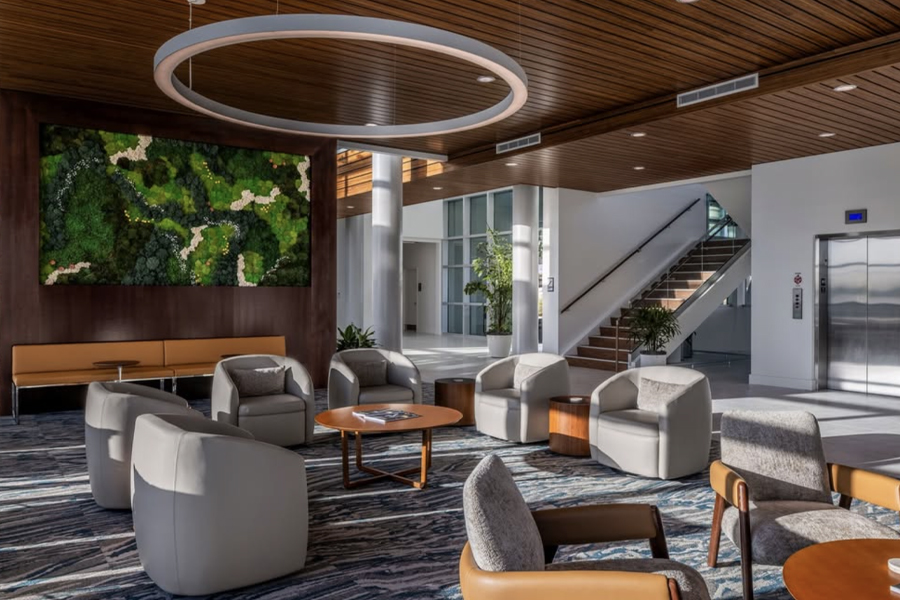Despite ongoing global economic challenges and political uncertainty, business travel in Europe continues to demonstrate remarkable resilience and growth, according to regional findings released from the latest GBTA Business Travel Index Outlook. Business travel spending in Europe is projected to reach 389.9 billion euros ($448.2 billion) in 2026, marking a significant 8.2% increase from 2025. This positions the region as a key driver of global business travel recovery, accounting for a substantial share of total global spending.
Looking ahead, the forecast for Europe remains broadly optimistic. In 2027, European business travel spending is expected to climb to 414.5 billion euros ($476.5 billion), underscoring the region’s steady momentum. In 2028, European business travel spending is expected to reach 441.6 billion euros ($507.6 billion).
Suzanne Neufang, CEO of GBTA, said the data “confirms for Europe what many in the industry are experiencing firsthand — organizations are continuing to invest in business travel as a catalyst for growth, innovation and connection, even in the face of economic and geopolitical uncertainty.” At the same time, she said, “sustainability and traveler experience are no longer optional — they’re essential.”
The top six Europe business travel markets in 2025, ranked by annual origination spending — Germany, UK, France, Italy, Spain and the Netherlands — collectively represent just over 241.5 billion euros ($277.6 billion). This represents 17.7% of the total global spending of 1.36 trillion euros ($1.57 trillion) estimated for 2025.
The survey of business travelers found that their top reasons for business travel in Europe are seminars/training, conventions/conferences and internal company meetings.
As self-reported by European business travelers, the average cost of a business trip in Europe is 850.7 euros ($977.82), with lodging cited as the largest expense, followed by food and beverage, then air travel. Notably, business travelers in the UK spend the most per trip, at almost 1,305 euros ($1,500), while Poland and Sweden have the lowest average spend of about 639 to 646 euros ($735–$743) per trip.
When it comes to technology use, 40% of European business travelers say they are comfortable with using AI to book their trips — the lowest of any region globally.
Loyalty programs are important to European travelers (81%) when selecting transportation and lodging. They are also less likely (57%) than travelers from other regions (North America 68% and Asia Pacific 70%, for example) to combine business and personal travel now versus in prior years.
European travelers are more likely to use rail on business trips than those in other regions — 38% report using rail on their last trip, compared with just 8% in North America and 4% in Latin America. A third (32%) of European travelers surveyed said they work at companies with a dedicated corporate travel manager or team.










